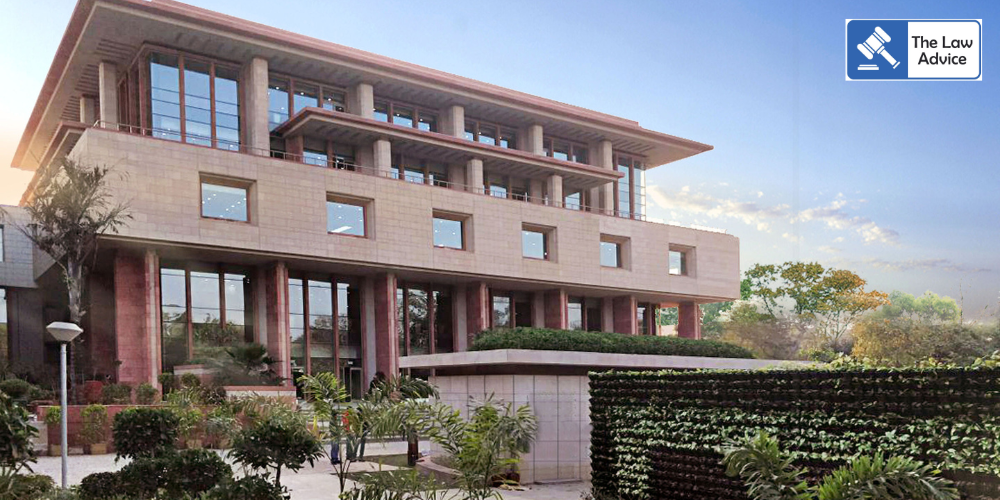
The Delhi High Court has ruled that an accused’s plea of guilt does not nullify the constitutional and statutory protection against double jeopardy, holding that a second prosecution for the same offence remains invalid even if the accused voluntarily pleads guilty.
Justice Sanjeev Narula, delivering the judgment, observed:
“A plea of guilt cannot confer jurisdiction. Once the bar under Section 300 CrPC or the rule against double jeopardy under Article 20(2) applies, the conviction is a nullity, irrespective of the voluntariness of the plea or the sufficiency of evidence.”
The Court clarified that when an accused raises an objection under Section 300 of the Criminal Procedure Code, it directly concerns the competence of the court and must be adjudicated before recording any plea. Recording a plea of guilt in such circumstances, the Court said, constitutes a serious procedural irregularity, and any conviction resulting from it is void ab initio.
The observations came while granting relief to a petitioner convicted twice for the same robbery-related offence under separate FIRs arising from a single incident.
The petitioner, convicted under Section 411/34 IPC in FIR No. 23/2013, was also convicted under Sections 411/482/34 IPC in FIR No. 306/2012, both stemming from the same act. Before the second conviction, he had moved an application under Section 300 CrPC seeking discharge, but the trial court proceeded to record his guilty plea without deciding that objection.
The High Court held that such a conviction was jurisdictionally defective, explaining that a valid plea of guilt requires framing of charge, explanation to the accused, unequivocal admission, and the Magistrate’s satisfaction of voluntariness—all absent here.
While acknowledging that its writ jurisdiction in criminal matters is limited, the Court stated that interference is warranted when proceedings are legally impermissible. It reiterated that Article 20(2) of the Constitution prohibits any person from being “prosecuted and punished for the same offence more than once.”
The judgment elaborated on Section 300 CrPC, which embodies the principles of autrefois convict and autrefois acquit, prohibiting a second trial for the same or related offence once a competent court has recorded a conviction or acquittal. The Court also referred to Section 300(2), extending protection to any other offence that could have been charged earlier based on the same facts.
Applying the “test of sameness” from Babubhai v. State of Gujarat (2010) and Anju Chaudhary v. State of U.P. (2013), the Court held that since both FIRs arose from the same transaction, a second prosecution was impermissible. Further, relying on C. Muniappan v. State of Tamil Nadu (2010) and Amitbhai Anilchandra Shah v. CBI (2013), it noted that offences integrally connected with the same incident are barred under the “consequence test.”
Consequently, the Court set aside the petitioner’s subsequent conviction under Sections 411/34 IPC and 482/34 IPC, declaring it void and unenforceable.
Case Title: Subhash Pahwa @ Subhash Chander v. State (NCT of Delhi)
Case No.: W.P.(CRL) 3143/2023
Website designed, developed and maintained by webexy